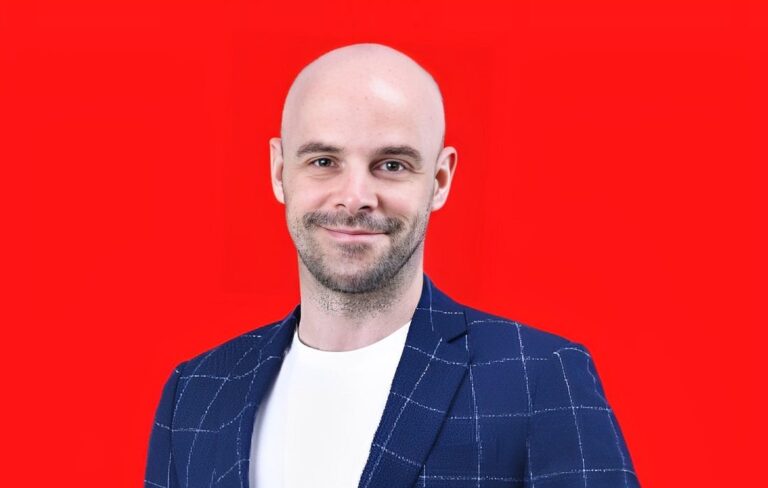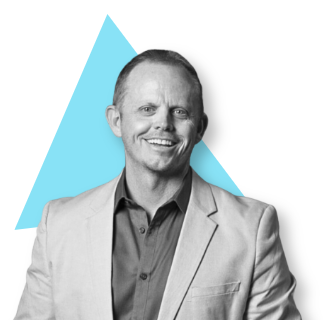As a strategic, revenue-driven Learning and Development Strategist with strong commercial expertise, Adjunct Professor and the author of ”Leading in VUCA Times” I have always focused on helping individuals and businesses unlock their full potential. With years of experience as a strategic business consultant as well as Adjunct Professor at the EU Business School-Switzerland, I’ve been privileged to guide leaders to build confidence, face challenges, and navigate change with clarity. The results have often led to measurable growth—both personally and within their organizations.
By combining empathy with a strategic approach, my work in leadership development has earned a reputation for creating real, transformative results. Whether through coaching or consulting, the goal has always been to equip businesses with the tools needed to thrive in today’s fast-paced environment, fostering resilience and improving decision-making.
On the entrepreneurial side, I’ve built a business that addresses leadership needs across industries, delivering practical solutions that create lasting impact. In my academic role, I share leadership insights with aspiring business leaders, preparing them to drive progress in their careers.
Ultimately, my work is about creating lasting, positive change. The organizations and leaders I partner with develop the resilience and agility to excel long-term, turning uncertainty into opportunity.
Company: EU Business School
We are thrilled to have you join us today, welcome to ValiantCEO Magazine’s exclusive interview! Let’s start off with a little introduction. Tell our readers a bit about yourself and your company
Evan Tzivanakis: As a strategic, revenue-driven Learning and Development Strategist with strong commercial expertise, Adjunct Professor and the author of ”Leading in VUCA Times” I have always focused on helping individuals and businesses unlock their full potential. With years of experience as a strategic business consultant as well as Adjunct Professor at the EU Business School-Switzerland, I’ve been privileged to guide leaders to build confidence, face challenges, and navigate change with clarity. The results have often led to measurable growth—both personally and within their organizations.
By combining empathy with a strategic approach, my work in leadership development has earned a reputation for creating real, transformative results. Whether through coaching or consulting, the goal has always been to equip businesses with the tools needed to thrive in today’s fast-paced environment, fostering resilience and improving decision-making.
On the entrepreneurial side, I’ve built a business that addresses leadership needs across industries, delivering practical solutions that create lasting impact. In my academic role, I share leadership insights with aspiring business leaders, preparing them to drive progress in their careers.
Ultimately, my work is about creating lasting, positive change. The organizations and leaders I partner with develop the resilience and agility to excel long-term, turning uncertainty into opportunity.
How has your approach to leadership evolved to meet the changing expectations of today’s workforce, especially regarding remote and hybrid work?
Evan Tzivanakis: To meet the changing expectations of today’s hybrid and remote workforce, I’ve made specific adjustments to my leadership approach. First, I implemented regular one-on-one check-ins with team members to ensure open lines of communication and address concerns proactively. I introduced flexible work hours, allowing team members to structure their day around personal needs, which boosted morale and productivity. For collaboration, I adopted tools like Slack and Zoom but set clear expectations around their usage—ensuring meetings are purposeful and respecting everyone’s time. I shifted performance metrics from hours worked to results delivered, which empowered the team to manage their workload independently. To foster inclusivity, I made sure that all meetings were accessible, with remote employees having equal opportunities to contribute. I also encouraged a culture of continuous learning by offering access to online courses and regular skill-sharing sessions, helping employees grow without the constraints of a traditional office setting. Lastly, I recognized that remote work can lead to isolation, so I made a point to schedule informal virtual team-building activities, like coffee chats, to maintain a sense of connection. This holistic approach has helped the team stay engaged, productive, and aligned with the organization’s goals.
What specific strategies have you implemented to foster Diversity, Equity, and Inclusion (DEI) within your organization?
Evan Tzivanakis: First, I introduced blind recruitment, removing identifiable information like names and gender from resumes to eliminate bias and ensure focus on skills and experience. Second, I launched a reverse mentoring program, where diverse junior employees mentor senior leaders, facilitating mutual learning and breaking down hierarchical barriers. This also helped senior leaders gain a better understanding of the challenges faced by marginalized groups. Finally, I established cross-functional DEI task forces made up of employees from various backgrounds and levels, empowering them to drive initiatives and integrate DEI into decision-making across the organization. These steps have helped build a more inclusive culture, with DEI embedded in our daily practices.
How do you keep your team engaged and motivated in a workplace culture that increasingly values flexibility and work-life balance?
Evan Tzivanakis: I focus on creating a results-driven environment where autonomy and trust are key. I set clear, achievable goals and empower the team to manage their own schedules, ensuring they can work when they are most productive while still meeting deadlines. I regularly check in to offer support and ensure that workloads are manageable, encouraging open dialogue about any challenges. I also emphasize the importance of taking time off to recharge, actively promoting a healthy work-life balance. To maintain connection, I organize virtual team-building activities and informal catch-ups, ensuring that the team feels engaged and connected even in remote or hybrid settings. Recognizing individual and team accomplishments, both publicly and privately, also plays a big role in maintaining motivation, as it reinforces a culture of appreciation and accomplishment.
What do you see as the biggest challenges in preparing for the future workforce, and how are you addressing them?
Evan Tzivanakis: Ensuring employees have the right skills to adapt to rapidly changing technology and business needs. As automation and AI continue to reshape industries, there’s a growing need for employees to develop not only technical skills but also critical soft skills like creativity, adaptability, and emotional intelligence. To address this, I’ve implemented a continuous learning culture within the organization, offering access to both technical upskilling programs and soft skills development workshops. By encouraging employees to take ownership of their career development and providing them with the resources to do so, I’m ensuring that they remain adaptable and equipped to thrive in an evolving work environment.
How has the shift toward digital and remote collaboration affected your company culture, and what adjustments have you made to maintain a strong, cohesive team?
Evan Tzivanakis: One of the main challenges has been maintaining a sense of connection and cohesion in a virtual environment, where face-to-face interactions are limited. To address this, I’ve introduced regular virtual check-ins and informal team events, such as virtual coffee chats and online social hours, to help team members feel more connected and supported. Additionally, I’ve made a concerted effort to ensure clear, consistent communication, utilizing tools like Slack and Zoom to stay aligned, but also encouraging more meaningful conversations outside of work tasks. I’ve also emphasized transparency in decision-making, ensuring that everyone feels included in important discussions, regardless of location. Another key adjustment has been offering more flexibility in work schedules, empowering team members to structure their day around personal commitments, which has helped them feel valued and trusted.





